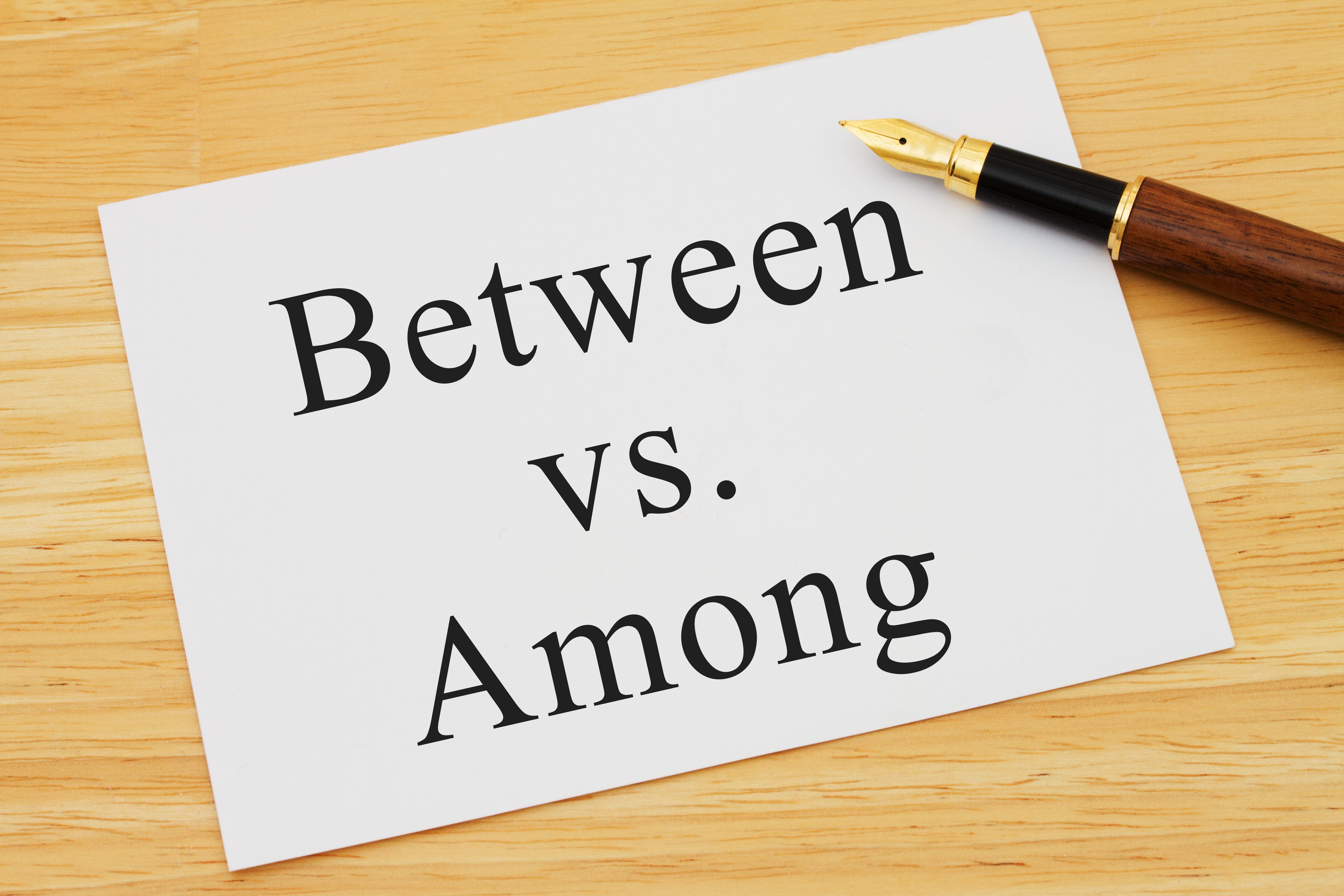If I Was or If I Were?
As humans, we often talk about the impossible or unreal, and to do that, we use a tiny but important word: "if." But when we talk about something that is unreal, hypothetical or improbable, we switch it up. Usually, a conditional sentence includes a past-tense verb and a modal verb and looks something like this: [...]









